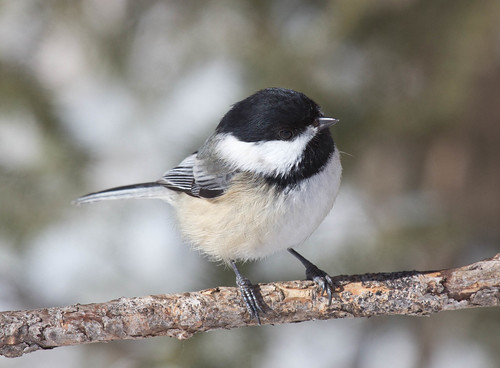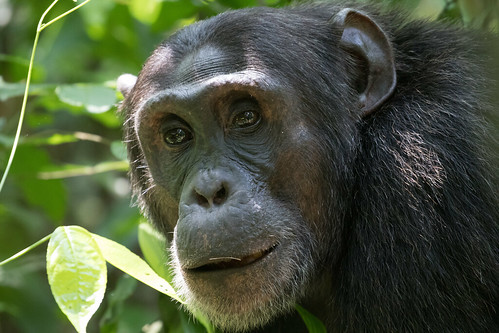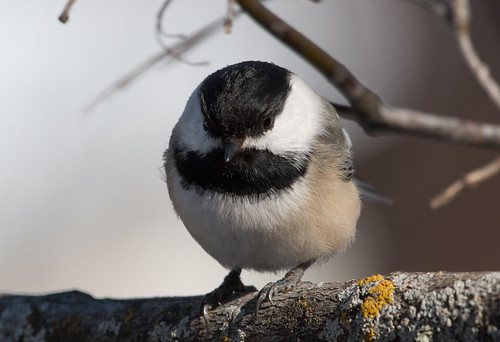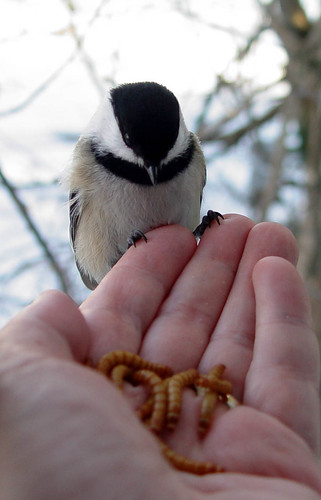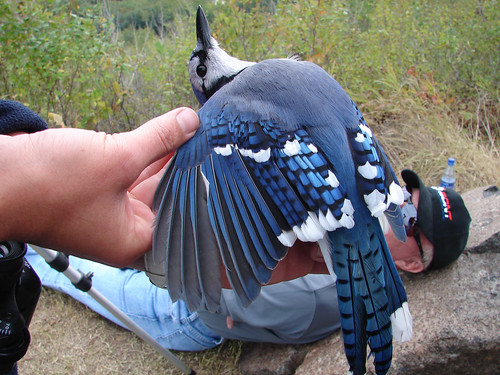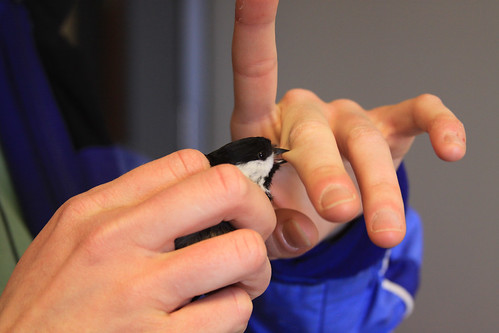This week, my friend James Backus wrote on Facebook:
Just began reading E.O. Wilson's THE SOCIAL CONQUEST OF EARTH. On the first page he states… "We have created a Star Wars civilization with Stone Age emotions and Medieval institutions." Another "scary" point he makes is that human consciousness occupies only a small portion of our brain activity. We have no perception of most of what our brains do!E.O. Wilson also came up this week on an online forum, where another friend said that a couple of books back, "Wilson posited that human beings are by evolution caught between two primate branches, the chimpanzee (aggressive in working out problems) and the bonobo (erotic/affectionate in working out problems). He thought this an insoluble duality in our genetic/cultural nature."
Personally, I like to think that we humans, as the only species on the planet whose numbers include actual rocket scientists, should be harnessing that intelligence to figure out how to live together peacefully, and how we could actually press our government to live up to the aims outlined in the Preamble to the Constitution:
to establish justice, insure domestic tranquility, provide for the common defense, promote the general welfare, and secure the blessings of liberty to ourselves and our posterity.
We had the brains and the heart to articulate that vision of government 240 years ago, but seem further from achieving it now than ever before.
I believe E.O. Wilson’s view of human evolution is too limiting. I see as many similarities between humans and corvids or chickadees as I do between humans and chimpanzees or bonobos. I doubt if there is any single animal species that encompasses all the many quirks of human variation. Crows and ravens are xenophobic toward strangers, quite likely to attack and even kill an injured conspecific if they don't know it, yet they're also tender and even altruistic. There are documented cases of jays and crows providing food and guarding an injured member of their flock. I don't think these are essentially related to "keeping their genes alive," not when the bird they're spending time on is an old bird no longer breeding. They're just nice to each other because that's how jays and crows are—for genuinely social species, it does take a village.
A lot of what I read about evolution with regard to human social systems emphasizes the "territorial imperative" and "nature red in tooth and claw.” But concepts about aggression work better to explain the evolution of fierce predators than social species. And most corvids and my favorite birds, chickadees, are territorial only in defending their nest and an essential area around the nest during the breeding season. Even during the nesting season these birds can be surprisingly tolerant of neighbors, and spend most of the year in large communities, or flocks, without defending any territory at all.
The most territorial and aggressive species, the hawks and owls at the top of the food chain, survive only in relatively small numbers. They do kill one another, including at times their own young, when they get too crowded and stressed. We've gone beyond the point in human overpopulation where emulating them would be a workable model.
It's the omnivorous species that are less territorial and more cooperative, like chickadees and corvids, that thrive in the widest array of habitats over the biggest ranges in the largest numbers. These social species are also considered more intelligent than avian predators. Maybe we should start paying attention to them.
Chickadees do rarely get taken by hawks, but defend themselves and elude hawks pretty darned well. In at least 90 percent of the pursuits I've witnessed between a raptor and chickadees, the chickadees all got away. They're careful but fearless, sensible in their judgments of other birds and tolerating pretty much every species that isn't a predator. Warblers, vireos, and other migrants passing through an area gravitate to the friendly little guys. That sociability rewards the chickadees, adding more eyes to notice predators and unexpected food resources.
I've fed hundreds of friendly little chickadees from my hands over the years, but they can pack a wallop when someone holds them against their will, biting, pecking, and hurting in a way even Blue Jays don't. Pull a Blue Jay out of a bird bander's net and it just sort of collapses with an "Oh, she got me!," allowing the bander to get a weight and measurements and put on the band quickly and easily.
Try that with a chickadee and the bander often ends up with bloody fingers. Despite being tiny and agreeable, chickadees have excellent self defense skills as well as a warning system to provide for the common defense.
I hope E.O. Wilson is wrong about our ability to escape our great ape ancestors. It may be a pipe dream, but if we could only put our keen intelligence to the task of observing chickadees and adopting some of their ways, we could enjoy some of that justice, general welfare, and domestic tranquility our Founding Fathers envisioned so very long ago.
